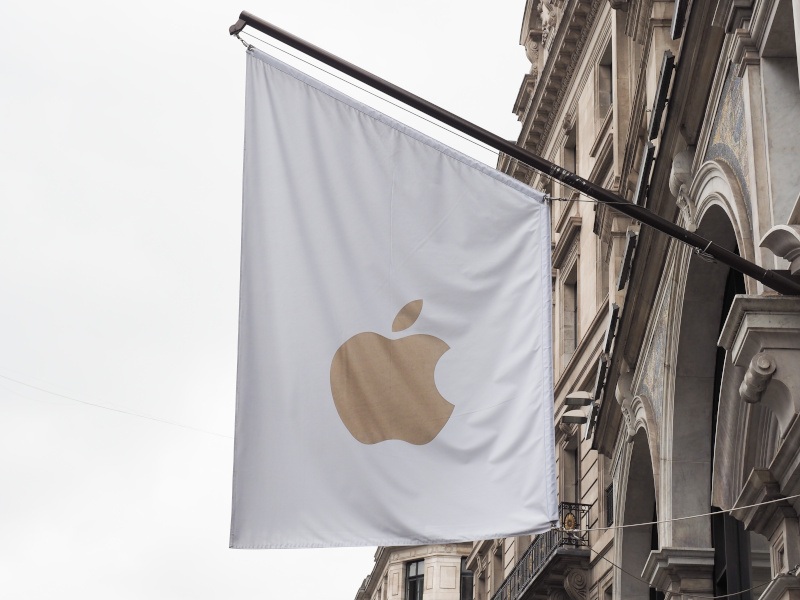
The European Commission is seeking comments on Apple’s proposed changes, which include letting third parties access the NFC functionality on iOS devices without using Apple Pay.
Apple has agreed to various concessions around how it handles contactless payments on its iPhone, as a response to competition concerns from the EU.
The European Commission previously claimed that Apple has abused its dominant market position by preventing rivals from accessing contactless payment technology on iOS systems.
As a response to the claims that it operates a “closed ecosystem”, Apple has shared a list of commitments to offer more options for users and open contactless payment options for rivals on the iPhone.
The Commission has shared this list of commitments and is seeking comments from interested parties. Interested parties have one month to submit their comments.
The incentive for Apple to make these changes likely stems from the risk of fines, which could cost the company tens of billions in euros if the EU issued charges.
Apple’s commitments include letting third-party mobile wallet and payment service providers to access and interoperate with the NFC functionality on iOS devices free of charge, without having to use Apple Pay or Apple Wallet. The preliminary findings of an EU investigation in 2022 stated that while NFC tech is embedded in Apple’s mobile devices, Apple Pay was the “only mobile wallet solution” that could access it.
Apple said it will apply its commitments to all third-party mobile wallet app developers established in the European Economic Area (EEA) and for all iOS users with an Apple ID registered in the EEA.
The tech giant also said it will create additional features and functionalities, such as letting users default to preferred payment apps – rather than simply Apple Pay or Apple Wallet.
Apple also agreed to the establishment of a “dispute settlement mechanism”, which would lead to independent experts reviewing any of Apple’s decisions in denying access to NFC input. The various commitments offered by Apple would remain in force for ten years and would be monitored by a trustee that will report regularly to the Commission.
10 things you need to know direct to your inbox every weekday. Sign up for the Daily Brief, Silicon Republic’s digest of essential sci-tech news.

